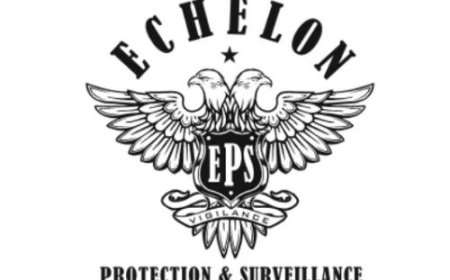Best Books to Learn Astrology for Beginners: A Beginner's Guide to the Stars
Astrology is a fascinating journey into the language of the cosmos. If you're just getting started, the sheer amount of information out there can feel overwhelming. Fortunately, many books simplify this ancient system into approachable lessons for beginners. Whether you're looking to read birth charts, understand planets, or explore comparative astrology, the right book can make all the difference.
In this guide, well explore the best books to learn astrology for beginners, why they stand out, and how you can supplement your learning with modern tools.
Why Start with Books?
Books offer structured, in-depth explanations that you wont always find on blogs or social media. Unlike quick video tips, books help you build a solid foundation, chapter by chapter. They also allow you to go at your own pace, revisit topics, and develop your personal style of interpretation.
So where should a beginner begin? Let's explore.
1. The Only Astrology Book Youll Ever Need by Joanna Martine Woolfolk
This classic is often recommended as the go-to beginner's guide.
What makes it great?
-
Simple language for new learners
-
Covers Sun signs, Moon signs, rising signs, and houses
-
Includes compatibility and career guidance
-
Offers a basic understanding of planetary transits
This book gives a broad yet detailed introduction, perfect for those who want to start interpreting charts right away.
2. Astrology for the Soul by Jan Spiller
If youre more into the spiritual and karmic side of astrology, this is a must-read.
Why beginners love it:
-
Focuses on the North Nodes (soul purpose)
-
Explores past lives and spiritual growth
-
Great for self-discovery and deeper reflection
Its not just about zodiac signsits about why youre here and what your soul wants to learn.
3. Parkers Astrology by Julia and Derek Parker
Want something visual and comprehensive? This book is an excellent beginner-to-intermediate reference guide.
Features:
-
Rich with colorful charts and illustrations
-
Breaks down birth chart elements beautifully
-
Covers planetary aspects, transits, and forecasting
-
Includes a section on relationship compatibility
Ideal for visual learners who want clarity and detail.
4. You Were Born for This by Chani Nicholas
This modern astrology book speaks to todays generation with inclusive language and a focus on empowerment.
Highlights:
-
Understand your Sun, Moon, and Rising in depth
-
Emphasis on identity, healing, and purpose
-
Clear explanations and affirmations
-
Easy-to-follow chart reading instructions
This book is heartfelt and affirming while still grounded in solid astrology fundamentals.
5. Chart Interpretation Handbook by Stephen Arroyo
If youre ready to dive deeper into psychological astrology, this is your next step.
Why its valuable:
-
Explains planets and houses from a psychological lens
-
Teaches how to analyze real charts
-
Great bridge between beginner and intermediate level
Perfect for learners who want to move beyond just Sun sign astrology.
Learning Comparative Astrology with Tools
Reading about astrology is one thingbut applying it is another. Once you understand the basics of planets, houses, and aspects, its time to practice with real charts.
A particularly valuable next step is diving into comparative astrologyanalyzing two or more birth charts to see how people interact with each other.
This method is used to study:
-
Love compatibility
-
Business partnerships
-
Friendships
-
Parent-child dynamics
To explore this hands-on, try the Horoscope Compare tool from VedAstro. Its a free, easy way to input birth data and instantly analyze relationship dynamics using Vedic astrology. It takes the guesswork out of your comparisons and helps reinforce your learning.
Tips for Learning Astrology from Books
Here are a few tips to get the most out of your reading journey:
1. Start with your own chart
Most astrology books include a guide on how to generate your natal chart. Use a free tool like VedAstro or Astro.com and keep your chart nearby as you read.
2. Take notes
Use a journal to track what you learnkeywords for each planet, how signs behave in different houses, and what aspects mean.
3. Re-read key sections
Astrology is a layered subject. The second or third time you read a chapter, youll likely understand it on a deeper level.
4. Practice often
After finishing a chapter, try interpreting a real chart. Books give you theory, but application is where learning sticks.
5. Combine book learning with tools
Pairing books with apps and comparison tools accelerates your understanding and gives you feedback on your interpretations.
What Comes After Beginner Books?
Once youre comfortable with natal charts, you may want to explore:
-
Transits: How current planetary movements affect you.
-
Progressions: Your internal evolution over time.
-
Synastry: How two charts interact (great for relationships).
-
Horary astrology: Asking questions and casting charts for answers.
-
Electional astrology: Choosing the best time to start something.
Each branch opens new doors and gives you more astrological power to understand lifes timing and relationships.
Final Thoughts: The Book Is Just the Beginning
Astrology is an ongoing study that evolves with you. These beginner books are a doorway, but true mastery comes from consistent learning and real-world application. Whether you're studying personality types or diving into, the stars have much to teach.



































